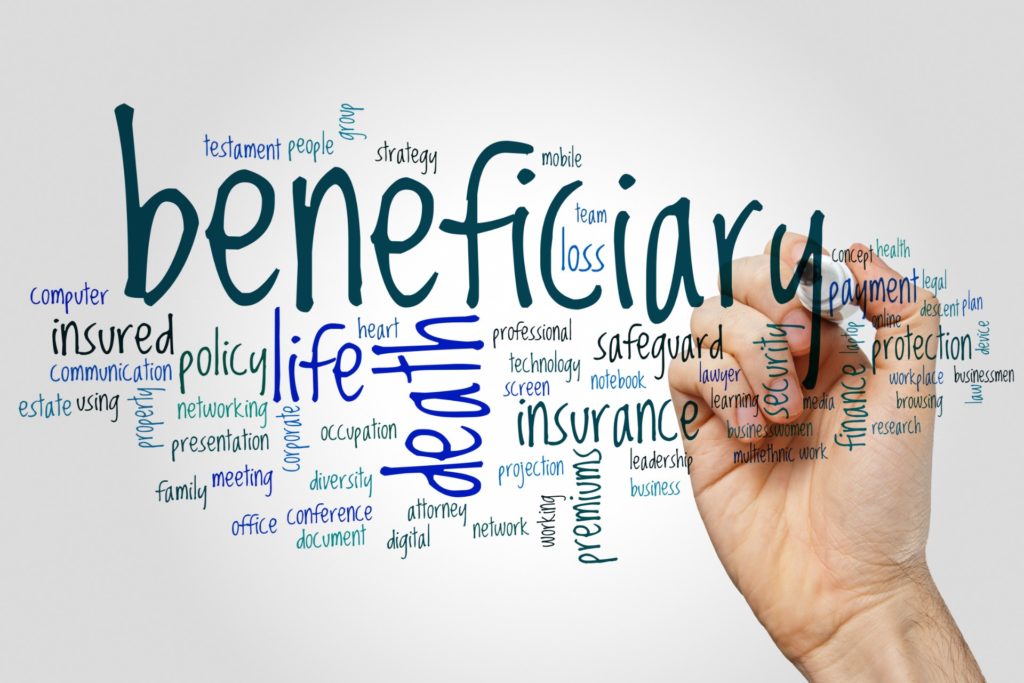
What is the Most Important Ability of Your Estate Plan?
The most important ability in an estate plan is availability.
Call us Anytime
Laurel, MD 20707
Downs Law Firm, P.C.
Home • Trusts

The most important ability in an estate plan is availability.

While thinking about legacy planning can be unpleasant because it involves discussions about incapacity or mortality, it’s an important aspect of good financial planning that shouldn’t be ignored.

Naming secondary beneficiaries can help estate planners avoid the delay and costs of going through probate, as well as ensure that your wishes are carried out.

From contentious relatives to scam artists, wills are not immune to the threat of a contest. If you have an inkling such a fight could be in your estate’s future, here are some ways to limit the risk.

It’s hard for a family to recuperate when the patriarchs and matriarchs have gone to glory, leaving a battle for who will carry the family’s leadership role and manage the family’s transition of wealth.

Good estate planning must consider more than what you want to happen to your property and for your beneficiaries. It also must consider what you intentionally want to avoid happening.

Even those who have saved and invested well may not be sharing their financial information with a spouse or loved one. It’s time to do that now.
If you don’t have a spouse and children, you might not think you need to do any estate planning—but that’s not the case.

The death of a loved one results in an emotional grief that, when combined with large sums of money on the line, can cause the beneficiaries of the will or trust or the heirs of the deceased to challenge the validity, interpretation, or administration of the will or trust.

Your legacy is what you leave behind: What people will remember about you and receive from your life? Legacy planning is about fostering your relationships and passing on what is most important to you for your loved ones.